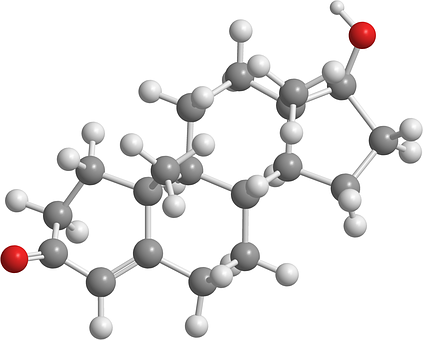
Since the beginning of the coronavirus pandemic, it’s become clear that men tend to suffer longer and more severe symptoms than women. Hormones specialist Marla Ahlgrimm explains that this might be due to the way that the coronavirus affects testosterone levels.
According to Marla Ahlgrimm, a September 2020 study published in The Aging Male found that men with hospital-worthy cases of COVID-19 had significantly lower levels of testosterone than their asymptomatic counterparts. While scientists have always believed that testosterone levels in men may contribute to severity, this particular study uncovered a possible link between the coronavirus and the depletion of testosterone in otherwise healthy men.
Marla Ahlgrimm explains that testosterone plays a part in the function of the respiratory system. She notes that lower levels of testosterone before and during COVID may make a man more susceptible to respiratory infections. Because of this, some doctors are researching the potential efficacy of testosterone therapy for men admitted to the hospital with laboratory-confirmed cases of the coronavirus.


Marla Ahlgrimm hopes that this knowledge may lead to more effective treatment in men with the worst cases of the coronavirus. Only time will tell if testosterone therapy will work, but the findings of this and other studies support further investigation into the theory.
According to Marla Ahlgrimm, men who suspect their prolonged coronavirus symptoms are due to low testosterone may boost their hormone levels by exercising, eating plenty of fat, protein, and carbohydrates, reducing stress, and spending plenty of time in the sun.